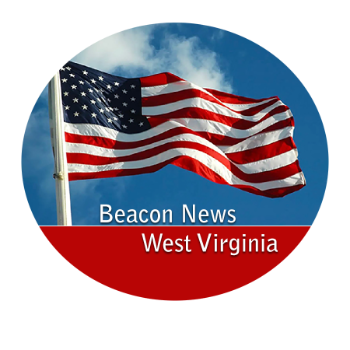WV Children Caught in Double Standard
Thursday, February 08, 2024 | By: Amy Thornton
The fierceness with which the ACLU, the WV Library Association as well as some former principals defend pornography made for children in the recent public hearing on HB 4654 has been revealing for all West Virginians. These advocates cite everything from financial burdens for liability insurance to altering the definition of obscene in the name of progress. The threat of holding schools and libraries accountable for sharing pornography with children brought out fireworks from some defenders.
In a recent article by Leann Ray, titled, "Censorship supporters doing more to help publicize "obscene" books than teachers and librarians" there were no-holds-barred as she defended obscene material for children by deflecting accountability in a bevy of other issues such as guns, gender affirming “care”, abortion, and a double barrel aimed at religion as well. To promote the devouring lion, you have to utilize all the weapons after all.
The fact is, while these groups speak about liberty and freedom and label it “book banning”, this is a smokescreen...an attempt to paint lipstick on a pig for those who laud symbolism over substance. Most importantly, at last we clearly see the double standard of those sexualizing our youth.
Will the ACLU go next after CIPA in the interest of freedom and abandoning responsibility? The Children’s Internet Protection ACT (CIPA), enacted by Congress in 2000 directly addresses concerns about children being exposed to obscene and harmful content online. While this program enables libraries to receive discounts for internet access for the multitude of students doing research and online learning, it also mandates accountability.
Certification requirements to be CIPA compliant include monitoring the activities of minors, restricting minors access to harmful materials and providing education for minors regarding online behavior such as cyberbullying awareness.
Schools or libraries in West Virginia who take part in the E-rate program that CIPA offers are subject to compliance thanks to Policy 2460, that our state enacted in 2018. In essence, our schools and libraries are required to protect children from obscene and harmful content when they use the internet.
According to public forms made available on West Virginia Board of Education websites, this oversight and compliance is taken seriously. On the “Student Technology Acceptable Use And Safety” form:
“The West Virginia Department of Education (WVDE), approved service provider, and other State agencies operate the statewide infrastructure to provide Internet access for all Pre-K-12 public schools. Pursuant to Federal law, the State has implemented technology protection measures that protect against (e.g., filter or block) access to visual displays/depictions/materials that are obscene, constitute child pornography, and/or are harmful to minors, as defined by the Children’s Internet Protection Act (CIPA).”
And, again a few more paragraphs down:
“The Board also utilizes software and/or hardware to monitor online activity of students to restrict access to child pornography and other material that is obscene, objectionable, inappropriate and/or harmful to minors. The technology protection measures may not be disabled at any time that students may be using County Technology Resources, if such disabling will cease to protect against access to materials that are prohibited under the Children’s Internet Protection Act. Any student who attempts to disable the technology protection measures will be subject to discipline.”
This reality puts our children of the Mountain State in the crosshairs of the double standard defended by radical left ideologues. On the one hand you have testimonies from people such as Brian Raitz, Director, Parkersburg & Wood County library, saying, “We do not want to be gatekeepers” when it comes to preventing minors from picking up a pornographic book from the shelf of his library, while at the same time, subject to keeping children safe from pornographic images online under the Children’s Internet Protection Act.
According to the excerpt shared above, “any student who attempts to disable the technology protection measures will be subject to discipline” What about teachers, principals, and librarians who disable or neglect protection measures?
The professionals helping to educate our children are required to monitor what a student views online but not what they pick up off the shelf? They are going to discipline a student who violates CIPA by viewing online porn but praise them for their choice in 'diversity & inclusion' when they pick up the pornographic book off the shelf? We can do better West Virginia.


1 Comments
Feb 16, 2024, 9:08:00 AM
Ashley Switzer - Appreciate this article